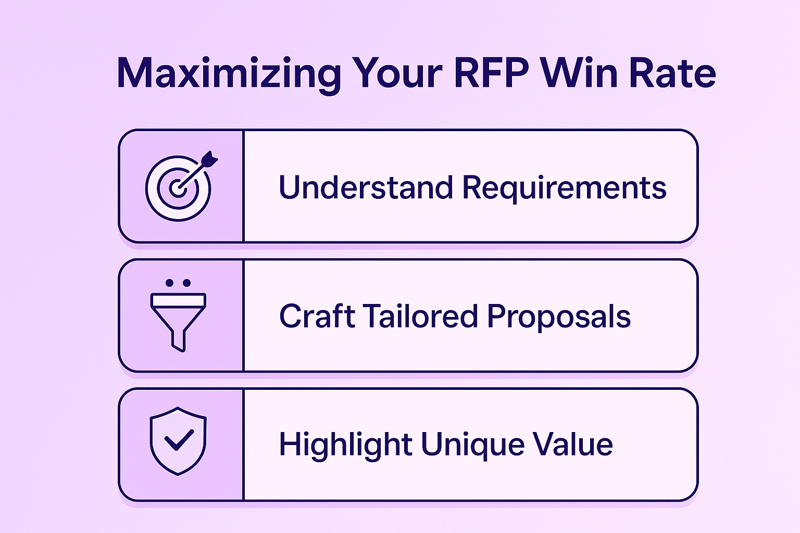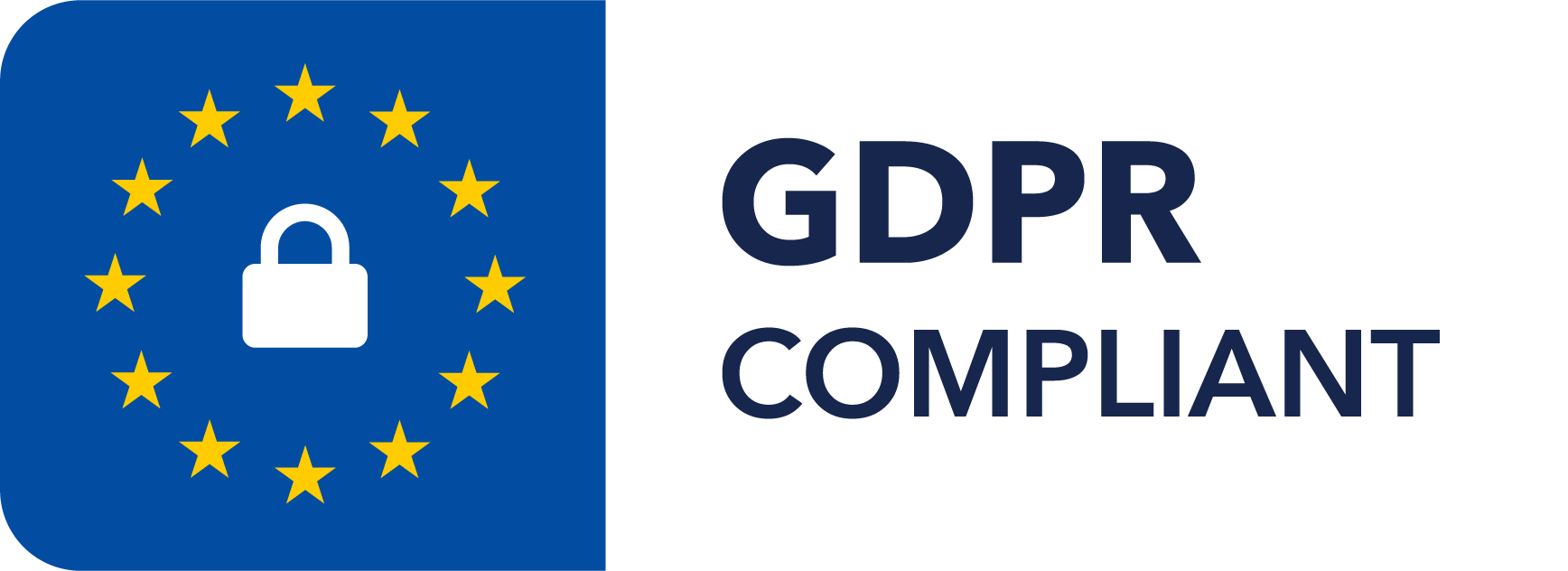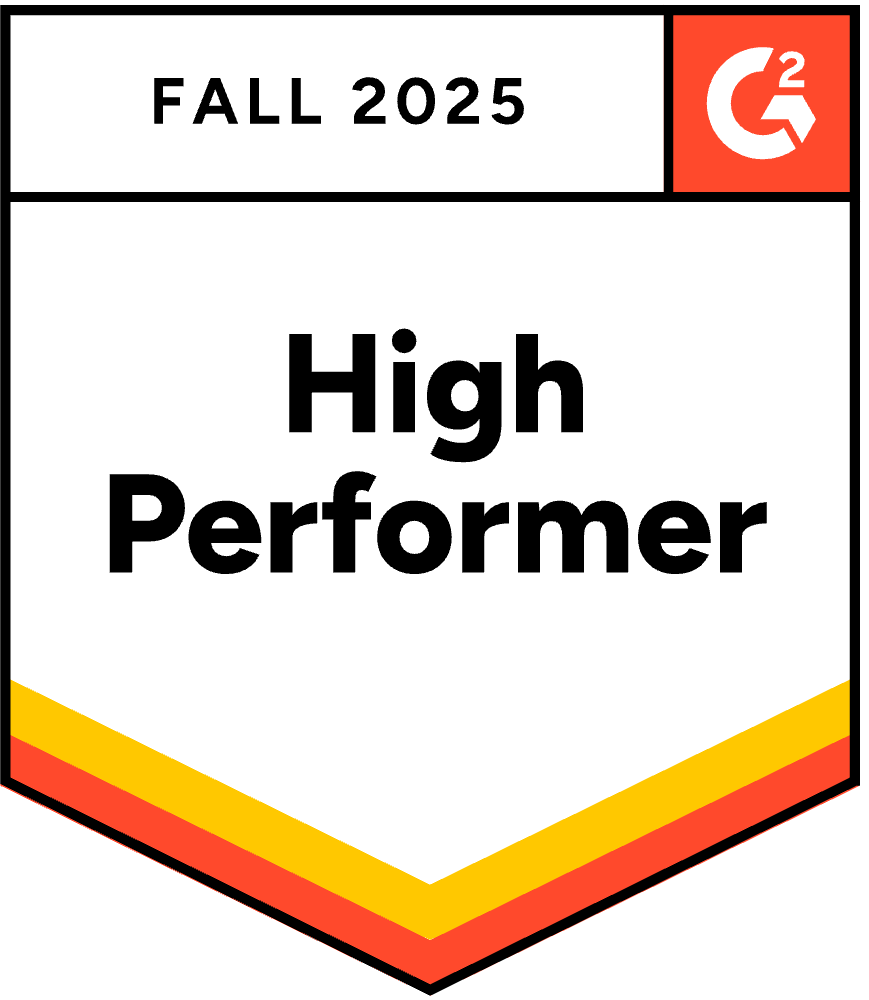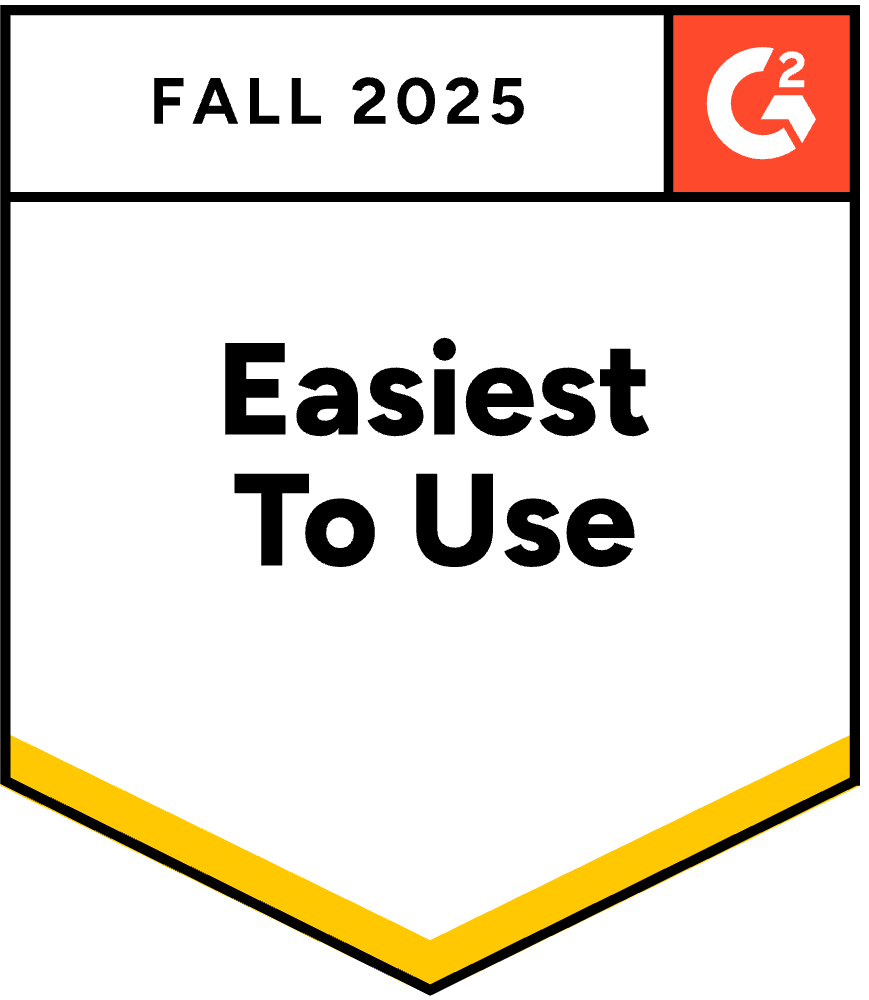Boost Team Speed with a Central Knowledge Hub
April 29, 2025
By
Evie Secilmis

Let’s be honest: most teams don’t have a knowledge problem—they have a knowledge access problem.
The answers exist. The security policy is documented. That perfect product description is buried in an old pitch deck. Someone’s already solved the issue—probably more than once.
The real problem is retrieving that knowledge when it counts.
Silos Are Slowing You Down
Sales engineers, proposal managers, and security leads all hold vital pieces of institutional knowledge. But without a central, structured way to share that information, you end up with:
- Repetitive requests to subject matter experts
- Time-consuming hunts through disorganized folders
- Conflicting versions and outdated documents
- Delayed responses that stall deals or increase risk
This isn’t just inefficient—it’s costly. Especially when the pressure is on to respond quickly and accurately.
Turnover Makes It Worse
When experienced SEs or proposal managers leave, they don’t just walk out with their badge. They take years of context with them—answers, insights, little tricks for tailoring language or navigating edge cases.
Most of that never gets written down. It’s just gone.
And onboarding new team members? It’s tough to ramp fast when your source of truth is scattered across 27 docs, 3 Slack threads, and someone’s head.
The Cost of Poor Knowledge Management
Lost knowledge doesn’t just slow you down — it eats into revenue. Studies show employees spend up to 20% of their week searching for information they need to do their jobs. For proposal and sales engineering teams, that lost time translates directly into fewer bids, slower cycles, and missed opportunities.
A structured knowledge hub reduces that friction, cutting time spent searching by more than half and freeing teams to focus on high-impact work — from refining messaging to closing deals.
How Knowledge Access Impacts Deal Velocity
When answers are scattered, deals slow down. Proposal managers chase inputs, sales engineers get pulled from demos to dig for documents, and approval cycles drag. A connected knowledge base eliminates that friction. Every verified answer, case study, or compliance detail is ready to go—turning hours of hunting into minutes of action. The result: faster turnaround, higher win rates, and less burnout across teams.
Why a Central Knowledge Hub Matters Now
When teams are stretched thin and RFPs keep coming, you can’t afford to lose time or knowledge. That’s why building a central, living, accessible knowledge base is no longer optional—it’s a competitive edge.
Here’s what that looks like in practice:
- Answers that are easy to search, reuse, and update
- Real-time collaboration across roles and departments
- Institutional knowledge that sticks—no matter who joins or leaves
- Faster onboarding for new SEs, without the steep learning curve
This isn’t about writing a static wiki that gets outdated in a month. It’s about creating a system that learns and evolves with your team.
Building a Culture of Shared Knowledge
The best knowledge systems aren’t just built—they’re sustained by culture. When teams regularly document insights, tag updates, and share learnings, they create a feedback loop of continuous improvement. A centralized hub like Iris doesn’t replace people—it amplifies their expertise, ensuring that every answer, lesson, or win benefits the entire organization.
How Iris Makes It Easy
Iris is designed to solve this exact challenge—transforming fragmented content into a central, AI-powered knowledge engine.
With Iris, teams can:
- Search intelligently – Instantly surface relevant responses
- Maintain clarity – Track versions and stay aligned
- Collaborate seamlessly – Work across departments without email threads
- Leverage AI – Use Phoenix to refine, suggest, and improve answers in real time
No more shoulder taps. No more guessing. Just fast, accurate knowledge—every time.
The Takeaway
A robust knowledge base isn’t just operationally efficient—it’s a strategic advantage. It protects your expertise, accelerates your processes, and empowers your people.
Because when information flows, your team scales.
Want to see how Iris can help your team build and maintain a smarter knowledge hub?
Let’s talk.
Share this post
Link copied!



















